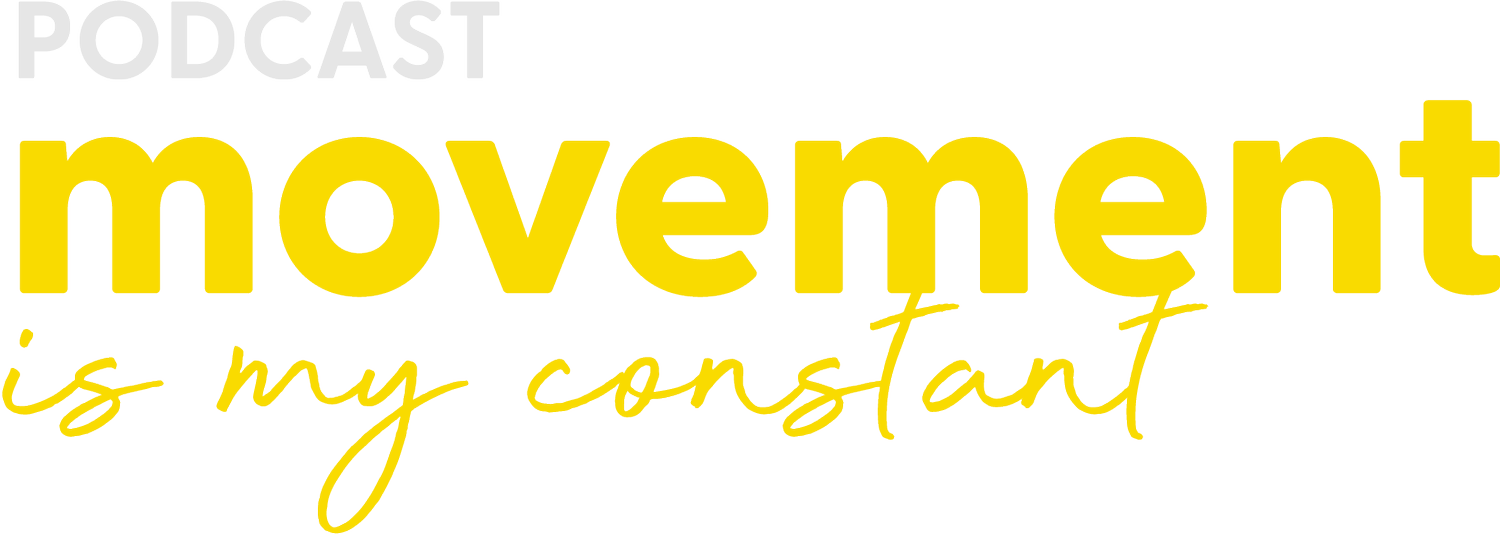Creativity Beyond Perfection: Rachel Blackman on Why Failure and Imagination Matter
Rachel Blackman explores how imagination, failure, and embodiment shape the creative process—and why safety, solitude, and nuance are essential for personal growth in a tech-driven world.
She explains why imagination is central to creativity, how failure fuels discovery, and why safety is foundational in both coaching and personal growth.
The conversation dives into the iterative nature of the creative process, the discomfort that often accompanies transformation, and how embodied practices can help us navigate uncertainty with resilience. Rachel also explores the political dimensions of embodiment, the nuanced understanding required around trauma, and why titration—balancing effort and rest—is key to sustainable growth.
With increasing reliance on digital connection, Rachel reflects on the importance of solitude, the difference between being alone and feeling lonely, and how imagination can serve as a powerful tool for self-reflection, transformation, and reconnection. The episode concludes with a hopeful lens on adaptability, and the human capacity to remain resilient through change.
Episode Highlights:
Creativity, Iteration & the Role of Failure
Rachel shares how creativity is less about perfection and more about discovery, embracing mistakes as essential learning tools.Imagination as a Portal to the Sacred
Far from being frivolous, imagination is presented as a serious, transformative force that connects us to deeper truths and possibilities.The Importance of Safety in Coaching
We explore how psychological and emotional safety create the conditions for real growth, especially when navigating trauma or big life transitions.Titration in Personal Development
Rachel introduces the concept of titration—moving between challenge and rest—as a method for sustainable growth and nervous system regulation.Embodiment Is Political
Why the body is not neutral in today’s world, and how becoming more aware of our embodied experiences can shift societal narratives.Solitude vs. Loneliness
Rachel makes a distinction between these two often-conflated states and reflects on how solitude can be a powerful space for reflection.Technology & Disconnection
How modern tech impacts our ability to connect with ourselves and others—and what we can do to restore that connection.Imagination as a Tool for Reconnection
Imagination isn’t just for creatives—it’s a tool for everyone seeking transformation, clarity, or a sense of belonging.
What You’ll Learn in This Episode:
Why creativity involves iteration, failure, and discovery
The role of imagination in navigating uncertainty and change
How trauma-informed approaches to coaching support growth
Why balancing effort and rest is essential for long-term development
How the body plays a central role in social and political awareness
What it means to be alone vs. to feel lonely—and why that matters
Practical ways to reconnect to yourself in a tech-heavy world
How to use embodied imagination as a tool for resilience
Links & Resources:
Follow Rachel Blackman
Instagram: @rachel_blackman
Website: vibrantbody.co.uk
Follow Movement Is My Constant
Instagram: @movementismyconstant
All Episodes: movementismyconstant.com
Recommended Reading
– The Politics of Trauma by Staci K. Haines
– Radical Imagination by Max Haiven
✨ What’s Your Key Takeaway?
Did Rachel’s insights spark something in you? We’d love to hear your reflections! Tag us on Instagram or leave a review with your favorite moment from the episode. And don’t forget to subscribe to Movement Is My Constant for more conversations that blend embodiment, performance, and personal growth.
Listen to full episode :

